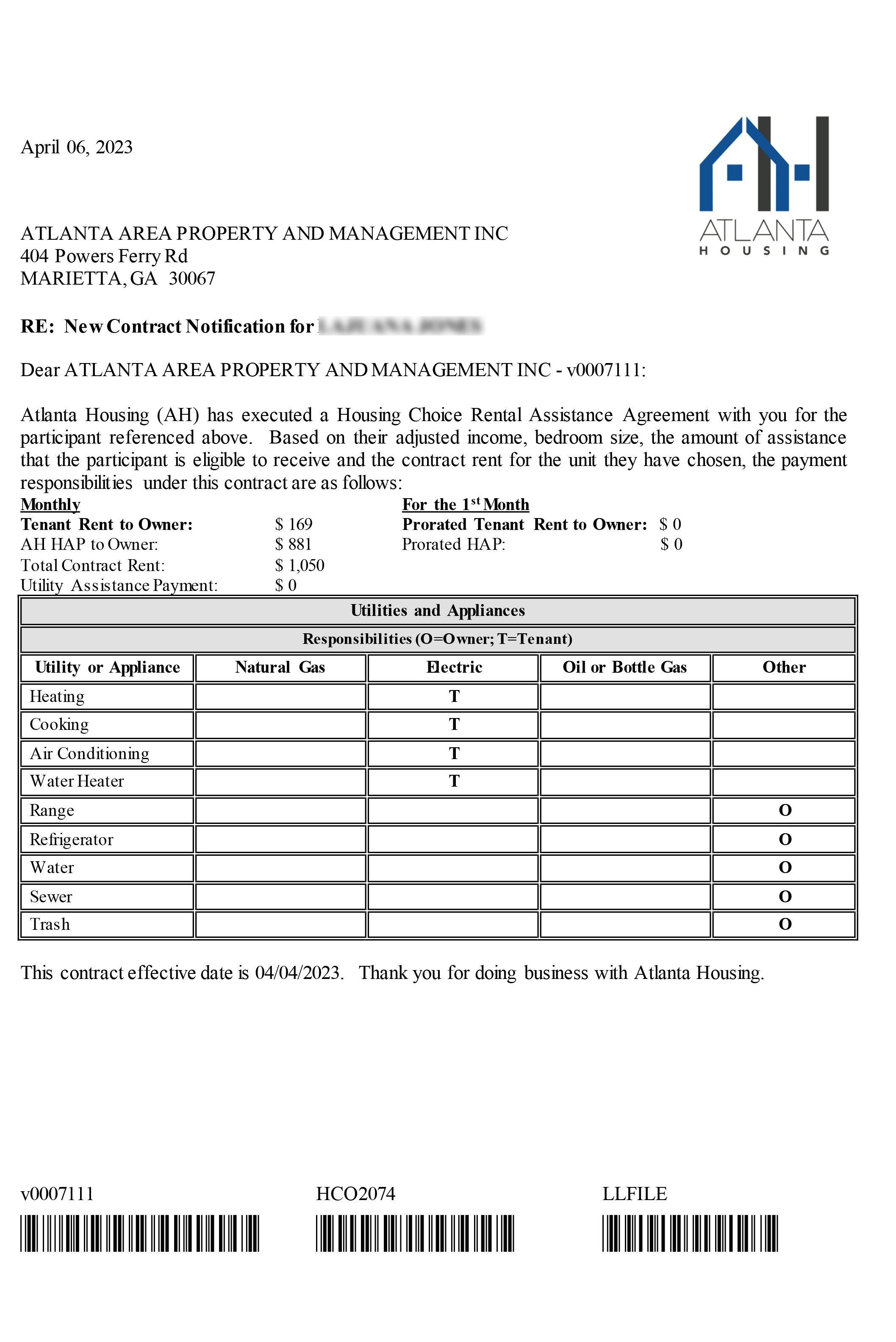Under the Section 8 program, eligible participants receive vouchers that they can use to help pay for housing in the private rental market. The amount of assistance is based on the participant's income and the fair market rent for the area.
Landlords who participate in the Section 8 program agree to rent their properties to eligible tenants and receive a portion of the rent directly from the local housing authority, with the tenant paying the remaining portion.
Participating in the Section 8 program can provide a steady source of rental income for landlords and help low-income individuals and families afford safe and decent housing.
It's essential to weigh these factors against your specific circumstances and preferences before making a decision.
For your rental home to qualify for the Section 8 program, it must meet certain requirements set by the U.S. Department of Housing and Urban Development (HUD). These requirements are related to the condition and safety of the property. Here are some key factors:
Meeting these requirements is essential for your rental home to qualify for the Section 8 program. It's advisable to contact your local PHA for specific guidance and to ensure that your property meets all the necessary criteria.
It's important to work closely with the PHA throughout the process to ensure compliance with all Section 8 program requirements. Continue to maintain your home is good condition and you’ll find the tenant remains in the home for a long, long time.
It's important to handle non-payment of rent by a Section 8 tenant carefully and in compliance with all applicable laws and regulations.
